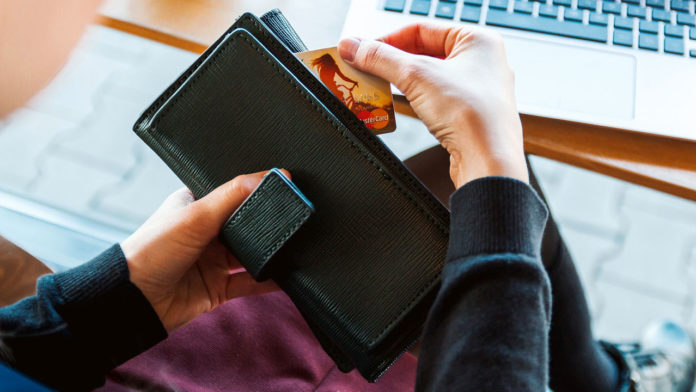If you want to be a happier person, try spending more money on free time instead of buying stuff.
With the accelerating pace of modern life, it’s easy to feel like there simply aren’t enough hours in the day. According to new research, using money to save time instead of buying material goods increases happiness no matter how much disposable income people make. And in the long run, making a habit out of time-saving purchases leads to greater average life satisfaction.
Examples of buying time include outsourcing household chores like laundry, cooking, or cleaning. Delivery services or taking a cab instead of public transit are also big time savers. For ongoing time savings, people might also pay more to live closer to where they work.
The research led by Harvard University and the University of British Columbia surveyed a diverse sample over over 6,000 people from the United States, Canada, Denmark, and the Netherlands. Participants rated their satisfaction with life and the amount they spent per month on time-saving purchases. They also reported other statistics like annual household income, the number of hours in their work week, age, marital status, the number of children in their household, and a test to measure their level of time stress.
The result: people who spent money on getting out of unpleasant daily tasks were happier.
“The benefits of buying time aren’t just for wealthy people,” said co-author Elizabeth Dunn in a statement. “We thought the effects might only hold up for people with quite a bit of disposable income, but to our surprise, we found the same effects across the income spectrum.”
The authors also recruited 60 random lucky people, all working adults from Vancouver, to receive $80 to spend over two consecutive weekends. Half spent their first $40 on a material purchase like clothing on the first weekend, and their remaining $40 on a time-saving purchase the next weekend. The other group of participants spent their money in the reverse order. Again, the time-saving purchases led to greater feelings of satisfaction and reduced time stress.
But even with longer work hours and rising incomes, people are unlikely to make time-saving purchases, even when they can afford to. This includes the millionaires surveyed. The resulting time poverty leads to rising rates of unhappiness, anxiety, insomnia, and even obesity as the time crunch is a big reason for poor eating choices and failure to exercise.
So next time you’re feeling stressed and considering some retail therapy, you might want to put a bit of free time on your wish list.









































